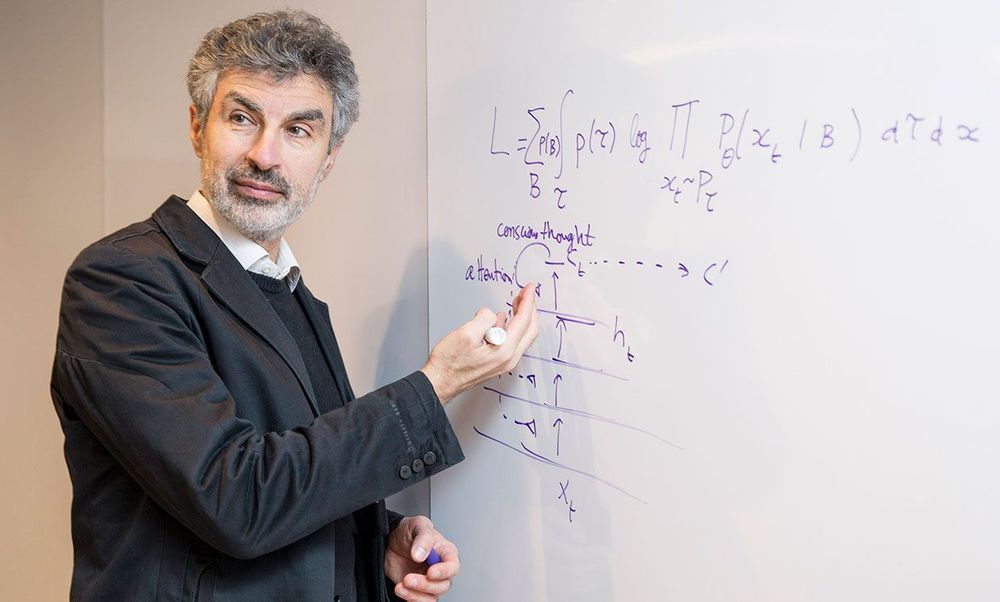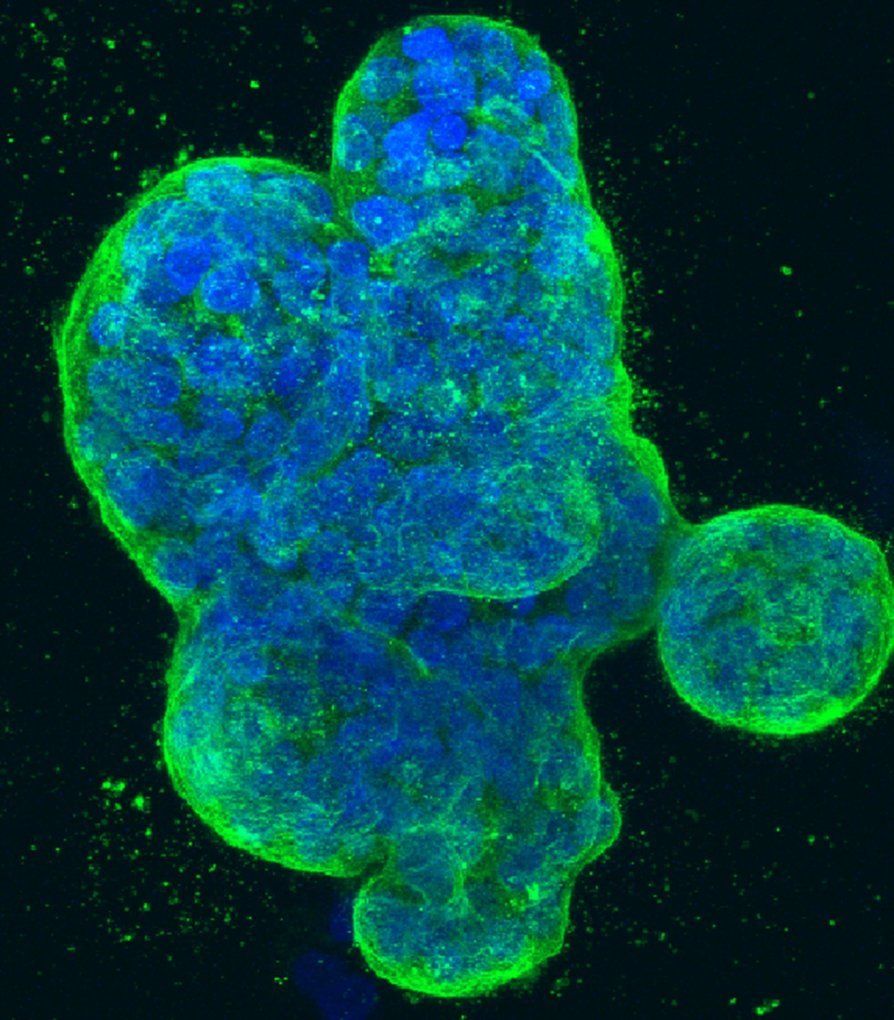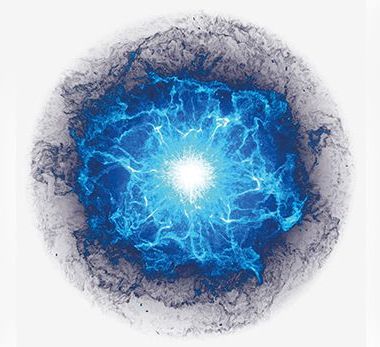Yoshua Bengio is known as one of the “three musketeers” of deep learning, the type of artificial intelligence (AI) that dominates the field today.
Bengio, a professor at the University of Montreal, is credited with making key breakthroughs in the use of neural networks — and just as importantly, with persevering with the work through the long cold AI winter of the late 1980s and the 1990s, when most people thought that neural networks were a dead end.
He was rewarded for his perseverance in 2018, when he and his fellow musketeers (Geoffrey Hinton and Yann LeCun) won the Turing Award, which is often called the Nobel Prize of computing.






